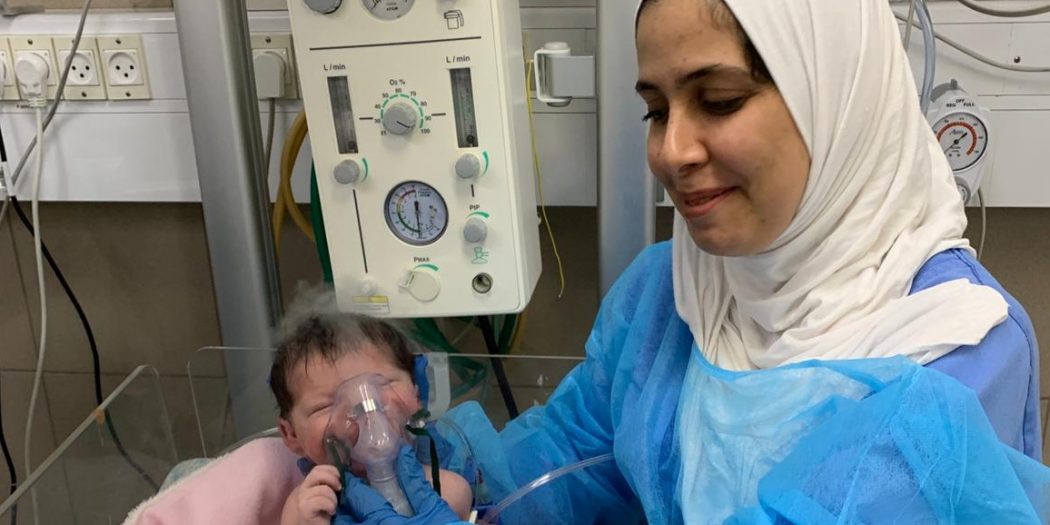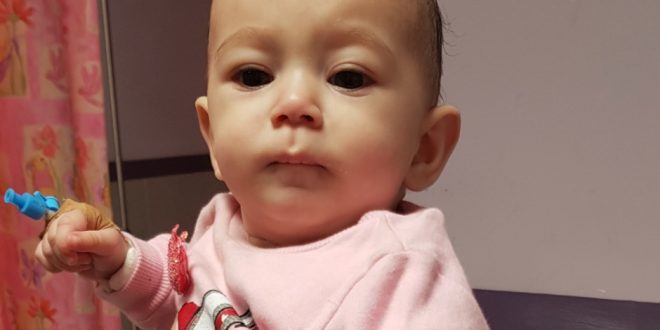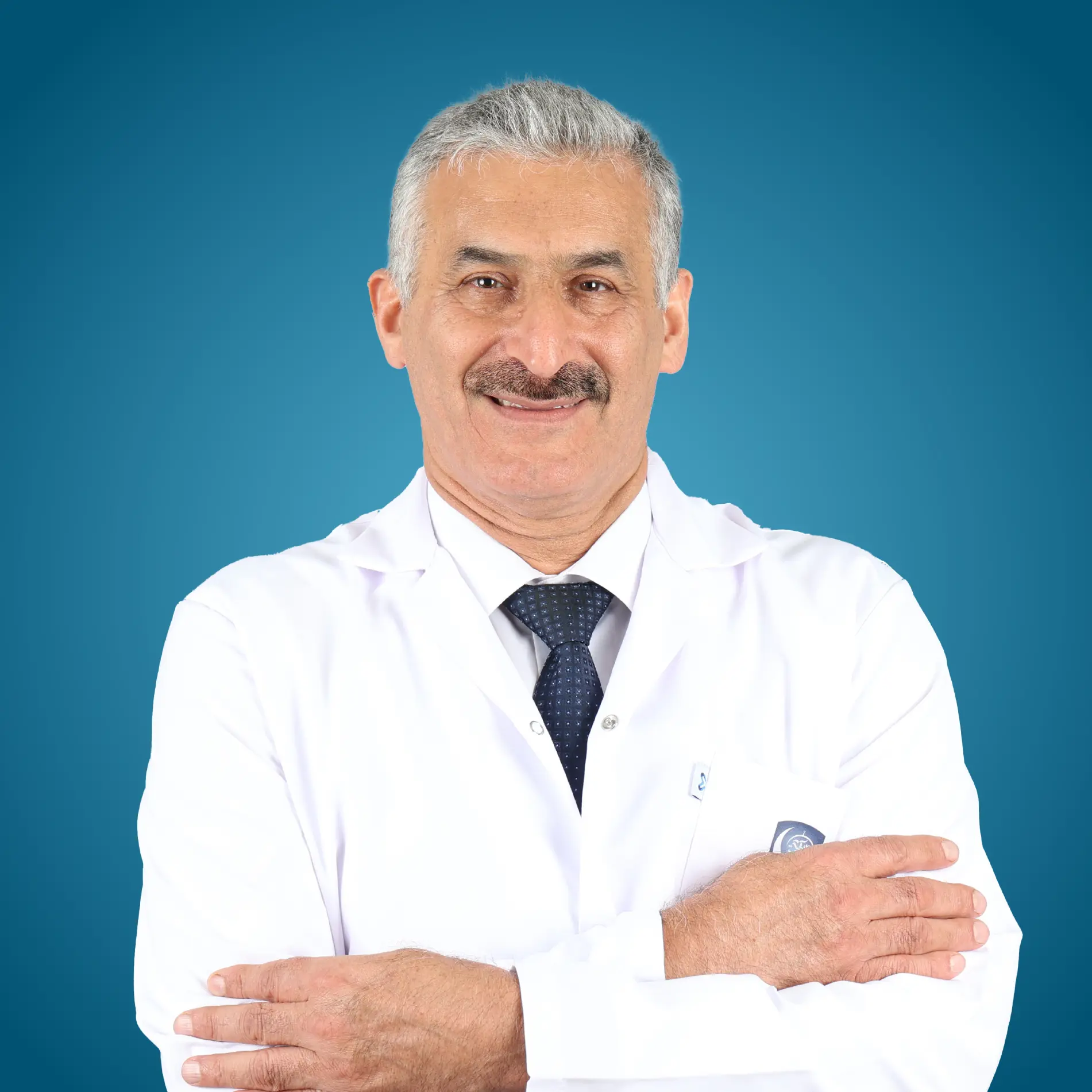The Neurosurgery Department at Al-Maqasid Islamic Charitable Hospital continues its distinguished achievements, which are carried out using the latest medical technologies and new treatment methods, the latest of which was the start of performing delicate operations using the endoscopic technique; the most important of which is skull base tumor surgery and pituitary gland tumor removal, in addition to treating some cases of hydrocephalus, with high skill and efficiency, following the standards adopted in the best hospitals and international centers.
The neurosurgery medical team at Al-Maqasid has recorded remarkable success in a number of operations to remove skull base tumors without the need for open brain surgery, by using the endoscope through a hole in the nose and sinuses, where the surgeon can reach distant areas inside the brain and thus be able to treat or remove brain tumors, and this technique spares the patient traditional surgical methods that require long surgical incisions, and also qualifies him to recover faster and with fewer complications.
He also performed many delicate operations in this field with a success rate of 90-95%, including the removal of a tumor in the base of the skull in the pituitary gland through the nose, in which a microscope and an endoscope were used for a patient suffering from an increase in hormone secretion.
The modern endoscope technology also enabled the department’s teams to perform hydrocephalus and spinal fluid diversion surgeries in the brain as an alternative to open skull surgeries, by using a surgical endoscope by making a small hole in the skull and inserting the endoscope into the brain cavity and withdrawing the fluid.
Since its establishment seven years ago, the Department of Neurosurgery at Al-Maqasid and the Center for Neurosciences and Neurosurgery, which was established in 2015 with the support of the German Cooperation Program GIZ, have constituted a real qualitative leap in the field of Palestinian neurology, distinguished by a highly qualified team of specialist doctors, namely: Professor Sami Hussein (Head of the Department), Dr. Asaad Darawish, Dr. Ahmed Khandakji and Dr. Moatasem Shweiki, in addition to six residents within the specialization program from the first to the sixth year.




